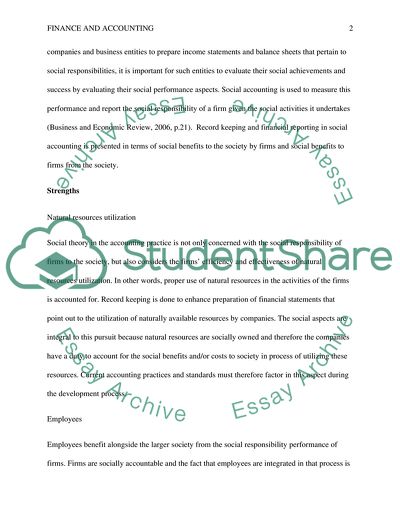Cite this document
(“International financial accounting and theory Term Paper”, n.d.)
International financial accounting and theory Term Paper. Retrieved from https://studentshare.org/finance-accounting/1593898-international-financial-accounting-and-theory
International financial accounting and theory Term Paper. Retrieved from https://studentshare.org/finance-accounting/1593898-international-financial-accounting-and-theory
(International Financial Accounting and Theory Term Paper)
International Financial Accounting and Theory Term Paper. https://studentshare.org/finance-accounting/1593898-international-financial-accounting-and-theory.
International Financial Accounting and Theory Term Paper. https://studentshare.org/finance-accounting/1593898-international-financial-accounting-and-theory.
“International Financial Accounting and Theory Term Paper”, n.d. https://studentshare.org/finance-accounting/1593898-international-financial-accounting-and-theory.


